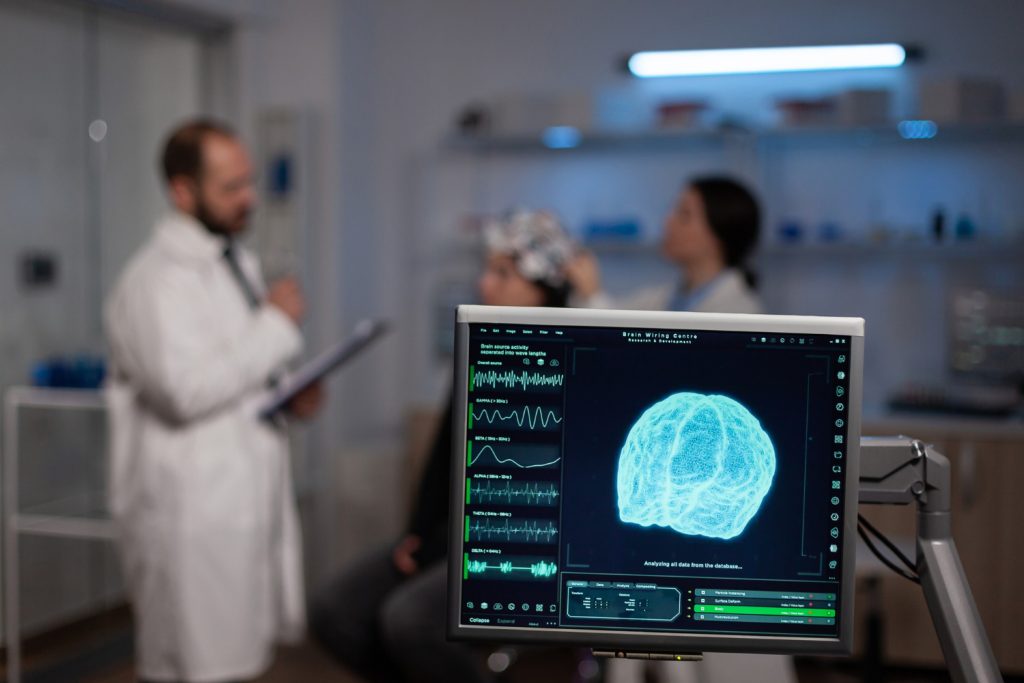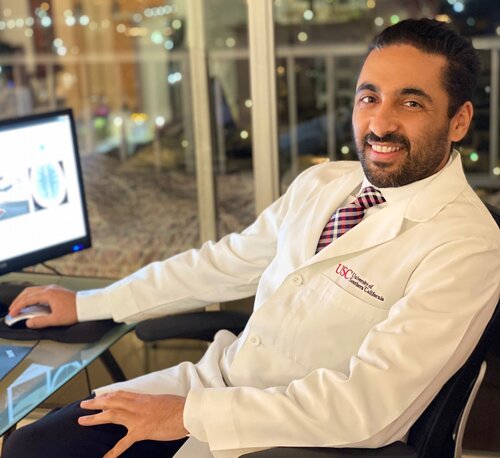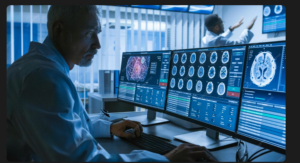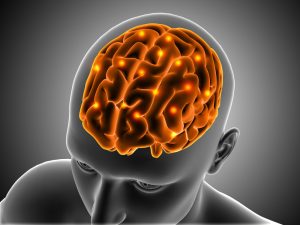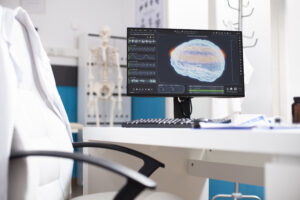The burden of neurological disease in the United States is becoming more severe with each passing day. In fact, recent stats indicate that the annual incidence of traumatic brain injury in the States is between 1.4 and 1.7 million, which results in 12,000 deaths and long-term disability for 3.32 million people. Early, accurate, and unbiased diagnosis can massively aid in the treatment of these disorders, and clinical neuroradiology consulting is used widely by professionals to diagnose certain neurological conditions that are otherwise impossible to spot.
Table of Contents
Toggle(Source: https://onlinelibrary.wiley.com/doi/abs/10.1002/ana.24897)
With advanced imaging techniques, such as MRI, CT scans, and PET scans, neuroradiologists can provide critical insights that guide clinical decision-making. To make things clearer for you, here’s a brief idea of the top five neurological conditions that significantly benefit from neuroradiology.
#1 Stroke and Cerebrovascular Diseases
Strokes and cerebrovascular conditions are some of the most time-sensitive neurological emergencies, and neuroradiology in these cases can help in rapid diagnosis as well as treatment planning.
- Ischemic Stroke: With advanced imaging like CT angiography and diffusion-weighted MRI, blockages in the blood vessels and the extent of brain damage can be assessed. This precise and unprejudiced information can substantially aid clinicians in deciding on interventions such as thrombolysis or thrombectomy.
- Hemorrhagic Stroke: In addition, neuroradiological imaging also determines the location and severity of bleeding, which is essential for surgical planning or other medical interventions.
#2 Brain Tumors
Clinical neuroradiology consulting can also aid in diagnosing brain tumors early and accurately. MRI coupled with contrast enhancement can do wonders for visualizing tumors and assessing their size and location, as well as their involvement with adjacent structures.
Advanced techniques like MR spectroscopy and functional MRI (fMRI) can help distinguish between benign and malignant tumors by analyzing metabolic activity in brain tissue. For surgical and radiation planning, pre-operative imaging can also provide precise maps of critical brain areas so neurosurgeons can precisely remove tumors while preserving vital brain functions.
#3 Multiple Sclerosis (MS)
Multiple sclerosis, a chronic autoimmune disorder, causes inflammation and damage to the central nervous system. Neuroradiological imaging can help to detect lesions in multiple sclerosis. The MRI scans can identify characteristic plaques in the brain and spinal cord, which are initial signs of MS. In addition, regular imaging can also track the development of new lesions and help to evaluate the effectiveness of treatments.
#4 Traumatic Brain Injury
Traumatic brain injuries can have varied and complex presentations. Neuroradiology helps identify both immediate and long-term complications. CT scans can detect life-threatening conditions such as hematomas, skull fractures, and brain swelling in the acute phase. Meanwhile, in the chronic phase, MRI is used to assess post-concussive syndromes, diffuse axonal injuries, and other subtle abnormalities that may impact a patient’s recovery.
The professionals from Neuro Experts, PC, also offer medico-legal services for neuroradiology cases involving TBI injuries in accidents or medical malpractice/ workplace injury compensation cases. They can aid attorneys and even support cases as witnesses where their proficiency, unbiased nature, and knowledge in the field play a decisive role in determining the course of the case.
Conclusion
Want more help, or are you scouring the web for clinical neuroradiology consulting services? The professional neuroradiologists at Neuro Experts can be an excellent choice. You can get a complimentary initial consultation and even comprehensive neuroradiology medical-legal evaluation if you are an attorney and need academic expertise in neurological disease and medical litigation. The turn-around time is less than 24 hours, and you can get neuroradiology advice from the top-ranked university faculty and neuroradiology experts who have sub-specializations in the clinical, academic, and legal aspects of neurological disorders.

